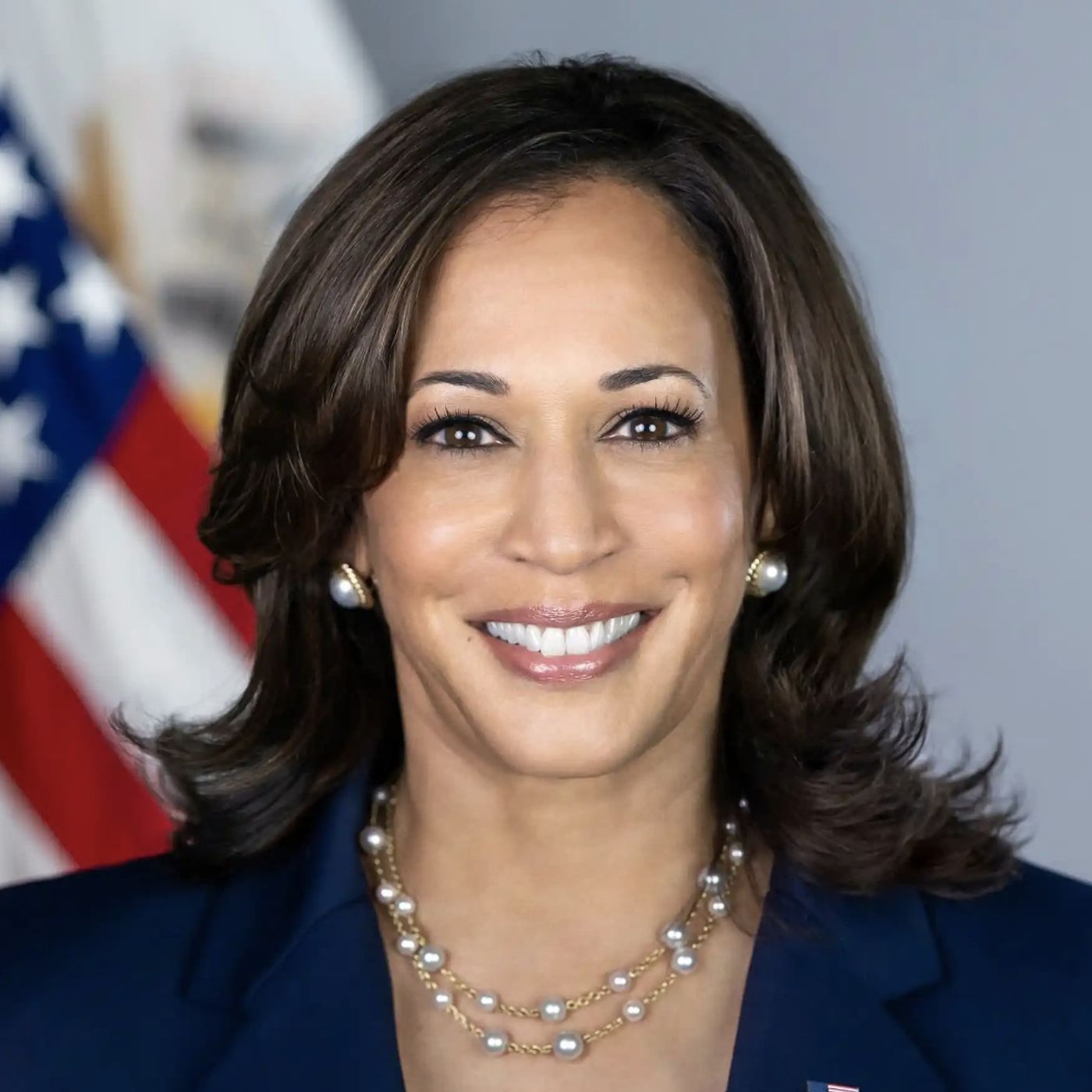Kamala Harris's $1.6 Billion Campaign Spending Ignites Debate on Political Finance Transparency
Description
Vice President Kamala Harris's recent campaign expenditures have captured public attention, sparking conversation on the nature of campaign spending in modern politics. In a high-profile 15-week campaign period, Harris's campaign reported expenditures amounting to approximately $1.6 billion, raising questions and eyebrows in political and public circles.
A notable portion of these expenses went towards everyday conveniences and comforts. Uber Eats, a popular food delivery service, and ice cream treats featured prominently among the long list of campaign outlays. These choices have drawn both scrutiny and curiosity from observers who question the necessity and impact of such spending on campaign strategy and voter engagement.
The revelations of these expenditures have highlighted the extravagant costs often associated with political campaigning in the United States. Critics argue that spending on items such as Uber Eats and ice cream showcases a potential disconnect between campaign operations and the average voter, prompting discussions about campaign finance transparency and responsible budgeting. Supporters, however, argue that such expenses reflect the intense and demanding nature of campaigning, where the well-being and morale of campaign staff and volunteers are vital to maintaining high energy levels and productivity.
This financial disclosure comes at a critical time as the political climate intensely scrutinizes every aspect of public figures' actions and decisions. The media and general public continue to engage in debates over the ethical and practical implications of campaign spending, bringing to light the intricacies of maintaining a competitive edge while adhering to responsible financial practices.
In response to these revelations, calls for greater transparency in campaign finance have surged, urging political figures to disclose detailed expenditure reports more frequently. Advocates for reform emphasize the need for clearer distinctions between essential campaign spending and personal indulgences, arguing for a balanced approach that maintains campaign vitality without excessive or questionable outlays.
As discussions unfold, the scrutiny over Kamala Harris's campaign expenditures underscores a broader theme in American politics – the tightrope walk of balancing financial strategies and public perception in an ever-evolving political landscape. The outcomes of such discussions could potentially shape future campaign finance policies, influencing how politicians allocate funds and engage with voters in subsequent election cycles.
In conclusion, Kamala Harris's $1.6 billion campaign spending serves as a reflective lens into the multifaceted dynamics of political finances, casting light on the challenges of navigating public expectations and campaign realities.
More Episodes
The Biden-Harris administration is making significant strides in fostering economic growth, with news emerging that over 20 million new business applications have been filed under their leadership. This remarkable achievement highlights the administration's commitment to revitalizing the American...
Published 11/24/24
In a political landscape often unforgiving to incumbent leaders and their parties, Kamala Harris's recent electoral performance challenges conventional wisdom. Garnering an impressive 48.3 percent of the vote, Harris demonstrated significant resilience and influence in the face of overwhelming...
Published 11/23/24
Published 11/23/24


